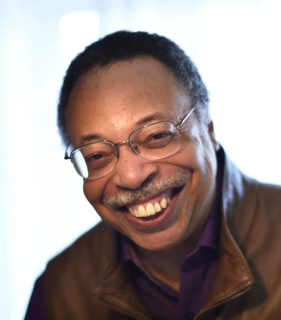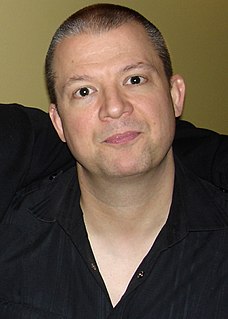A Quote by Aasif Mandvi
This was in the '70s and there was a lot of racism towards South Asians and there was a lot of hazing and bullying and racism that really probably shaped me in some way in terms of, like, wanting to get out of there.
Related Quotes
I would get bullied a lot. You know, it was the '70s and '80s, so it was a lot of racism back then towards Indian people. And it wasn't actual hatred, it was just that blind, 'Let's pick on that guy.' You know, and you've got to figure that I was a very small kid. And I had a big mouth, so I'm sure that didn't help.
The way racism works in Canada, it's very subtle. You may feel you're a victim of racism or have experienced racism, but you can't necessarily prove it - unless you get a [white] friend to go check out that rental, go check out that job, whatever. Unless you're willing to really dig to prove you're a victim of racism, it might be difficult to do that. And so what you're dealing with then is feeling, it's emotion.
We always talk about how, obviously, there is still very in-your-face aggressive racism. But there's a lot of passive racism that, in the moment, you don't even realize is racist. You chalk it up as a strange interaction you had, and then you look at the context of it later on and realize the root of it was racism.
I feel like I'm a New Yorker to the bone. But there is a lot of the South in me. I know there is a lot of the South in my mannerisms. There's a lot of the South in my expectations of other people and how people treat each other. There's a lot of the South in the way I speak, but it could never be home.
I felt pretty good growing up. I didn't feel a lot of prejudice or racism. But I do remember, if there was going to be a movie or a television show with Asian characters, I would go out of my way to avoid them, because they portrayed all Asians as either ridiculously good or ridiculously bad; you know, the whole Charlie Chan-Fu Manchu thing.




































